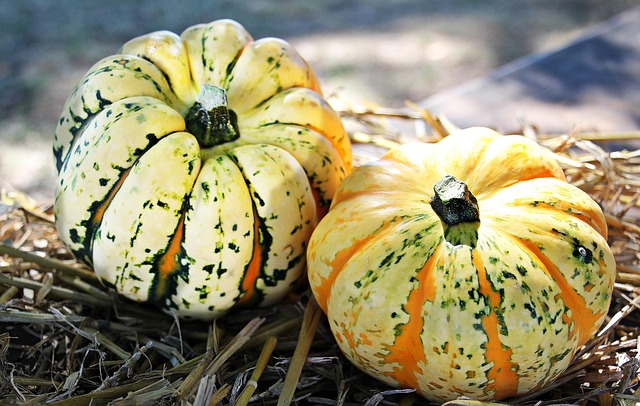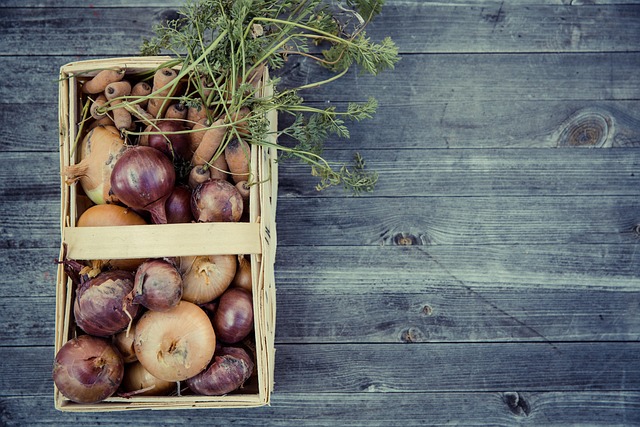The world we inhabit is increasingly characterized by stark extremes. From scorching summers to unseasonably warm winters, the shifting climate impacts all facets of life, including the foods we consume. As we navigate this changing landscape, it becomes essential to understand the significance of seasonal foods in our diets and how they can contribute to sustainability in an era of climate change.
Seasonal foods, often defined by what crops are at their peak during a specific time of the year, are tied closely to the rhythms of nature. They not only offer the freshest and most flavorful options but also play a crucial role in supporting local economies and reducing our carbon footprint. As temperatures fluctuate unpredictably, the reliance on these foods becomes even more pronounced. When we eat in tune with the seasons, we naturally adapt to the environment while promoting farming practices that are kinder to our planet.
Climate change has manifested itself through extreme weather patterns—droughts, floods, and unexpected frosts can decimate harvests. This volatility makes it all the more urgent to embrace seasonal foods, as they represent a resilient choice in a world where agricultural predictability is waning. Farmers who cultivate crops that thrive under specific conditions are often better equipped to deal with these challenges. By supporting such practices, consumers foster a more sustainable food system that is resilient to climate variations.
Moreover, the journey of seasonal foods from the farm to our tables interweaves with environmental stewardship. Local sourcing minimizes transportation emissions, and seasonal produce requires significantly less energy compared to out-of-season imports that necessitate climate-controlled storage and long-distance travel. For example, enjoying fresh strawberries in June, rather than opting for those shipped from the Southern Hemisphere in winter, not only tastes better but also lightens our ecological footprint.
As we face the realities of an ever-changing climate, adopting a seasonal diet can be a small yet impactful step toward a more sustainable future. Communities can come together to create local farmers’ markets, promoting the consumption of seasonal foods and providing a direct connection between consumers and producers. This grassroots movement not only ensures fresh produce but fosters a sense of community resilience against the challenges posed by extreme weather events.
Ultimately, adapting to the extremes of our environment involves a shift in mindset—one that cherishes the gifts of each season while remaining acutely aware of our role within the broader ecological system. Embracing seasonal foods not only helps us thrive amidst climate change but also honors the deep connection we share with the Earth and its cycles. Let’s prioritize these foods, making choices that resonate with the rhythms of nature, thereby crafting a sustainable future that honors both our palates and the planet.




